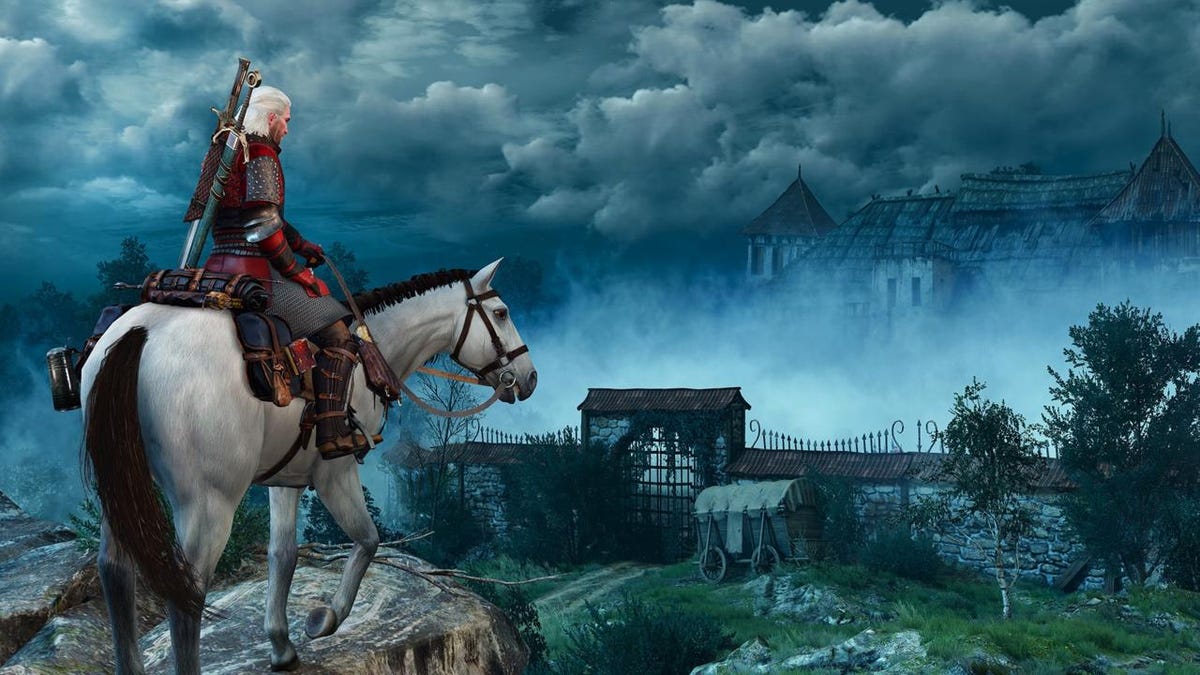How gaming's latest controversy betrays our failing imaginations
Commentary: What Baldur's Gate, "Game of Thrones" and The Witcher 3 have in common.

A few days ago, Baldur's Gate: Siege of Dragonspear went on sale. It's the first expansion to a beloved video game series in over a decade. But some fans' excitement quickly changed to anger.
Within days, gamers flooded review aggregators like Metacritic with low scores for Baldur's Gate, many carping on the game's SJW ("social justice warrior") agenda and one transgendered character in particular.
Tension surrounds all the fantasy platforms we love, especially as the genre thrives at the box office, on television and in gaming. But the Baldur's Gate controversy reveals a paradox: When it comes to fantasy, our culture's imagination is going stale.
Viewers are willing to suspend belief for the expected fantasy elements in a story, but refuse to do so for others. And when creators attempt to add diversity, they approach it as if there's a checklist to be politically correct -- a strategy that encourages token minorities instead of well-rounded characters and unique stories.
Two prominent names in entertainment reveal the disappointing state of diversity in fantasy.
The Witcher 3: The Wild Hunt dominated the video game awards season last year, boasting a massive open world, great writing, and sharp game play. Meanwhile, "Game of Thrones" is officially HBO's most-watched TV show ever. These two fantasies are prototypical of the genre, lauded critically and commercially. And yet both are also undeniably white, male and heterosexual.
The Witcher and "Thrones" both feature a handful of transgender or gay characters, few or no characters of color, and constantly sexualized women. Don't believe me? Think how many female characters you see appear nude in both titles, versus how many similarly disposed male characters you encounter.
Fans have responded with apathy, defensiveness or hate. The outcry surrounding Baldur's Gate is hopefully the work of a vocal minority. Much more common is hearing fans defend white-centric fantasies by invoking history. There shouldn't be black people in the Witcher 3, they say, because the setting, Nilfgaard, is based on medieval Europe.
This defense reveals a double standard, though. In Marvel's "Thor," nobody questioned that god's superpowers, but some viewers couldn't get past Heimdall, Nordic guardian of Asgard, being played by Idris Elba. But honestly, how does it make any substantive difference if Heimdall is black?
Here's the deal: diversity needs to stop being treated as an obligation by writers and an imposition by viewers. It should be treated as an opportunity for better story telling.
Take the new "Black Panther" comic book. Author Ta-Nehisi Coates offers a really fun, action-packed story. But he also spends a ton of time developing Wakanda, a fictional, technologically advanced African setting. His characters resist heteronormativity. In many ways, it's a rare exception to the pattern of our fantasies.
Think about it: How many RPGs have you played that take place in Asian- or African-based worlds? How many big-budget fantasy TV shows and movies?
If we're taking creative liberties with our fantasies already, there's little defense for poor representation in them. But there's perhaps even less defense for how games like The Witcher and shows such as "Game of Thrones" only ever seem to draw inspiration from European history.
Coates demonstrates that good characters and compelling narratives require more than just token minorities filling imaginary quotas. But he shows something more: that true diversity in our fantasies requires the same dedication to world building and character empowerment -- just focused on new places and people. It's a sort of story telling that resists the status quo, and as a result, gives us substantively different narratives, brand-new experiences and better imaginations.

